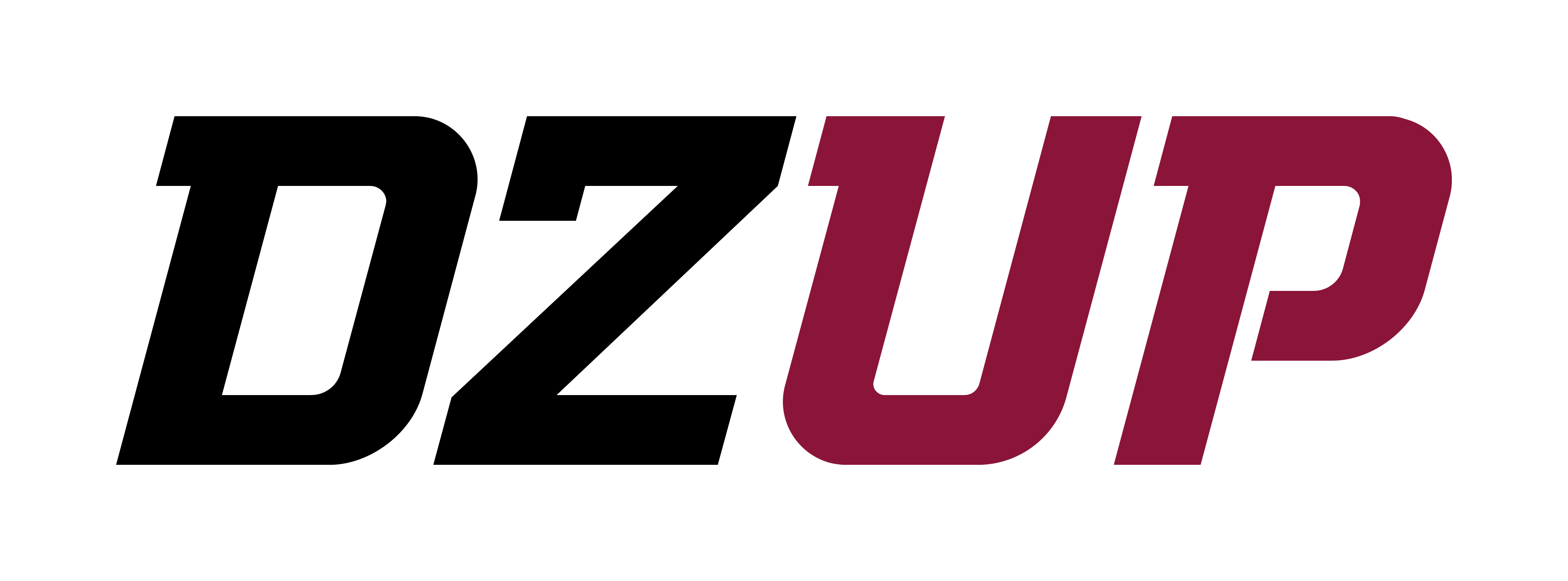UP Diliman executives expressed their condemnation of the withdrawal of ‘subversive’ documents and learning paraphernalia from state universities.
This comes in light of the decision made by Aklan State University, Isabela State University, and Kalinga State University to remove all materials written by or related to the National Democratic Front of the Philippines (NDFP) in an attempt to block the instillment of insurgent principles and ideologies on their studentry.
Among the seized books by military officials from the aforementioned universities’ libraries are the Comprehensive Agreement on Respect for Human Rights and International Humanitarian Law (CARHIHL), Government of the Philippines-NDFP Peace Negotiations Major Arguments, and the NDFP Declaration and Program of Action for the Rights, Protection, and Welfare of Children.
In a statement, the UP Diliman Office of the Chancellor Executive Staff deemed these measures as blatant infringement pursuits on the exercise of academic freedom in the country’s higher education institutions (HEIs).
“Ang pagtatanggal ng mga piling materyales ay isang malinaw na halimbawa ng censorship at pagkitil sa kaalaman. Pag-abandona ito sa kalayaang mag-isip, magtanong, at magsaliksik; at sa kalayaang tumuklas ng katotohanan batay sa sariling kakayahan ng mga mag-aaral.
“Kung nais nating protektahan ang kabataan, hindi ito makakamit sa pamamagitan ng paglimita sa maaari nilang basahin. Sa halip ay nararapat natin silang hikayating buksan ang kanilang isipan. Hayaan natin silang magtanong at bumuo ng kanilang mga sariling konklusyon,” the office said.
Furthermore, they add that libraries are the heart of learning institutions and embody progressive thinking. Hence, the removal of such books can significantly hamper the constant pursuit of societal truths.
‘Respect these decisions’
Following UPD’s statement, Commission on Higher Education (CHED) Chairman Prospero “Popoy” de Vera III offered a subsequent response.
In a post on de Vera’s official Facebook page, de Vera defended the measures taken by the three state universities to pull out the disputed resources from their libraries.
“The decision to remove books and other reading materials from a university library is done by individual higher education institutions (HEIs) in the exercise of academic freedom […] HEIs must respect these decisions of other HEIs in the spirit of mutual respect and proper governance of their institutions.
“I know that there are many HEIs that are critical of the policies adopted by the University of the Philippines (UP) Diliman officials and the way they run their campus but they are not issuing statements out of mutual respect for the governance of individual public universities. I urge UP Diliman officials to do the same,” he explained.
In addition, he expressed the need for a “more prudent, circumspect, [and] respectful” approach from UPD in addressing matters on academic freedom in other HEIs.
‘Dangerous precedents’
In “Aswang sa Aklatan”: The Spectre of Banned Books,” a webinar led by the Congress of Teachers/Educators for Nationalism and Democracy (CONTEND), UP Student Regent Renee Louise Co reiterated the university’s call to continue upholding academic freedom.
“Kung mawawala ang academic freedom at ito ay mabibigyan ng limits, magkakaroon ng chilling effect dahil tayong mga academics ay magkakaroon ng hesitation to speak up. Kung hindi tayo mag-iispeak out nang sama-sama, nag seset ito ng dangerous precedents sa iba pang institutions.
“Kaya naman ano ang magagawa natin? We will continue to fight against threats on academic freedom. Ito ay worldwide phenomenon kaya sama sama tayo dapat na mag rise against it […] We should care about academic freedom dahil ito ang nagbibigay ng polisiya to serve the people and ito ang nage-examine ng social ills to build solutions for them,” Co stressed.
For UP Diliman School of Library and Information Studies (SLIS) Dean Mary Grace Golfo-Barcelona, libraries must continue serving their inherent purpose as safe spaces for free thinking and academic freedom.
“Bilang isang lisensyadong librarian, sa aming pagtuturo ng aklat, napakahalaga na maipabatid na ang aklatan ay ligtas na espasyo na nagsisilbing linangan ng malayang pagiisip at kalayaang akademiko,” Golfo-Barcelona said.
Moreover, Dean Golfo-Barcelona echoed the official statement released by the UP SLIS which strongly denounced the withdrawal of the above-mentioned resources from libraries.
“Kami ay tumututol sa pagbabawal ng sulatin na sinasabi ng naglalaman ng mga subersibong paniniwala. Sapagkat kami ay naniniwala na hindi sa pagbabasa lang nahuhubog ang kamalayan ng mag-aaral,” she said.
Meanwhile, Academics Unite for Democracy and Human Rights (ADHR) lead convenor and former UP Faculty Regent Dr. Ramon Guillermo warned that the CHED’s moves to remove the books demonstrated a “clear intention” to repress academic freedom.
“When De Vera first broached the idea of constituting a panel of experts to redefine academic freedom back in January, we found it laughable because this is already enshrined in the 1987 Constitution,” Guillermo said in a press release from the ADHR. “Now it has become clear that the intention is to repress and limit the scope of academic freedom to whatever is acceptable to the state.”
The ADHR, a broad network of Filipino teachers, researchers, school administrators, and other education, called de Vera out for “twisting” the meaning of academic freedom, asserting that he was diverting the issue to “respecting the prerogative of schools” and not the threat that the book censorship poses to the freedoms of these institutions.
Guillermo also pointed out that it was National Task Force to End Local Communist Armed Conflict (NTF-ELCAC) and the military that had been actively calling for the books in question to be removed in the first place. As such, the removal of these books intruded on the academic freedom of the affected institutions. DZUP

